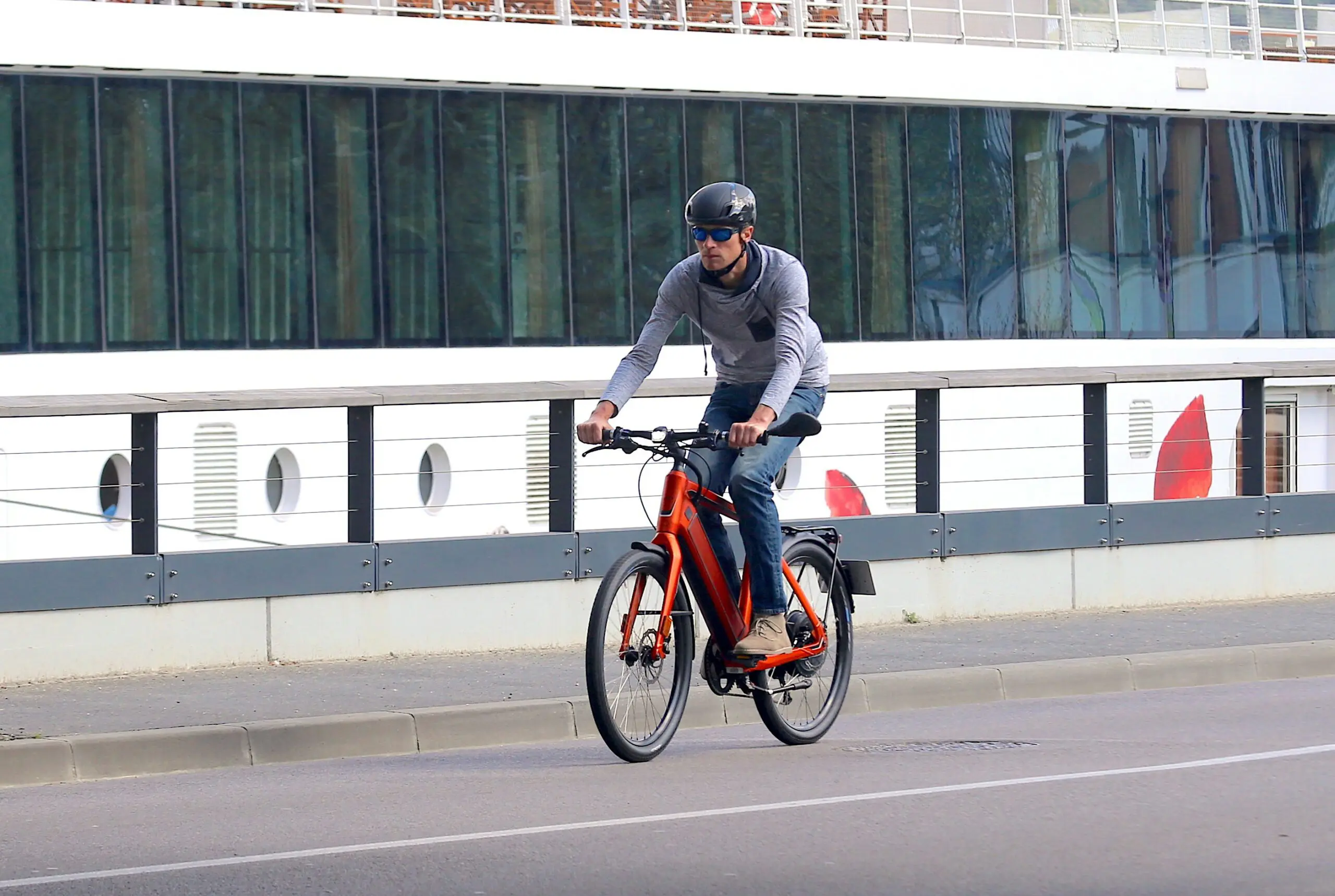The European Court of Justice has ruled that electric bicycles are bicycles and not motorcycles, a decision that has important legal implications.
The European Court of Justice has ruled that electric pedal-assist bicycles, or e-bikes, are not motor vehicles. Although this may seem like a common-sense decision, it was also an important decision for the classification of e-bikes.
By classifying e-bikes as not being motor vehicles, the European Court of Justice (ECJ) classified them as bicycles and, therefore, as vulnerable road users. It also means that e-bikes do not need insurance, like a car or a motorcycle.

The decision was made based on how an electric bicycle is propelled, which is essentially non-mechanical, and due to the relatively low speeds at which an electric bicycle can accelerate without pedaling.
The debate surrounding the classification of electric bicycles has been ongoing since their initial appearance, reports the Global Cycling Network. This CJEU resolution originated from a Belgian case in which a cyclist riding an electric bicycle was hit by a car and died as a result of the injuries. During the legal process, the issue of the cyclist’s right to compensation was discussed, in which the classification of his mode of transportation was considered.








